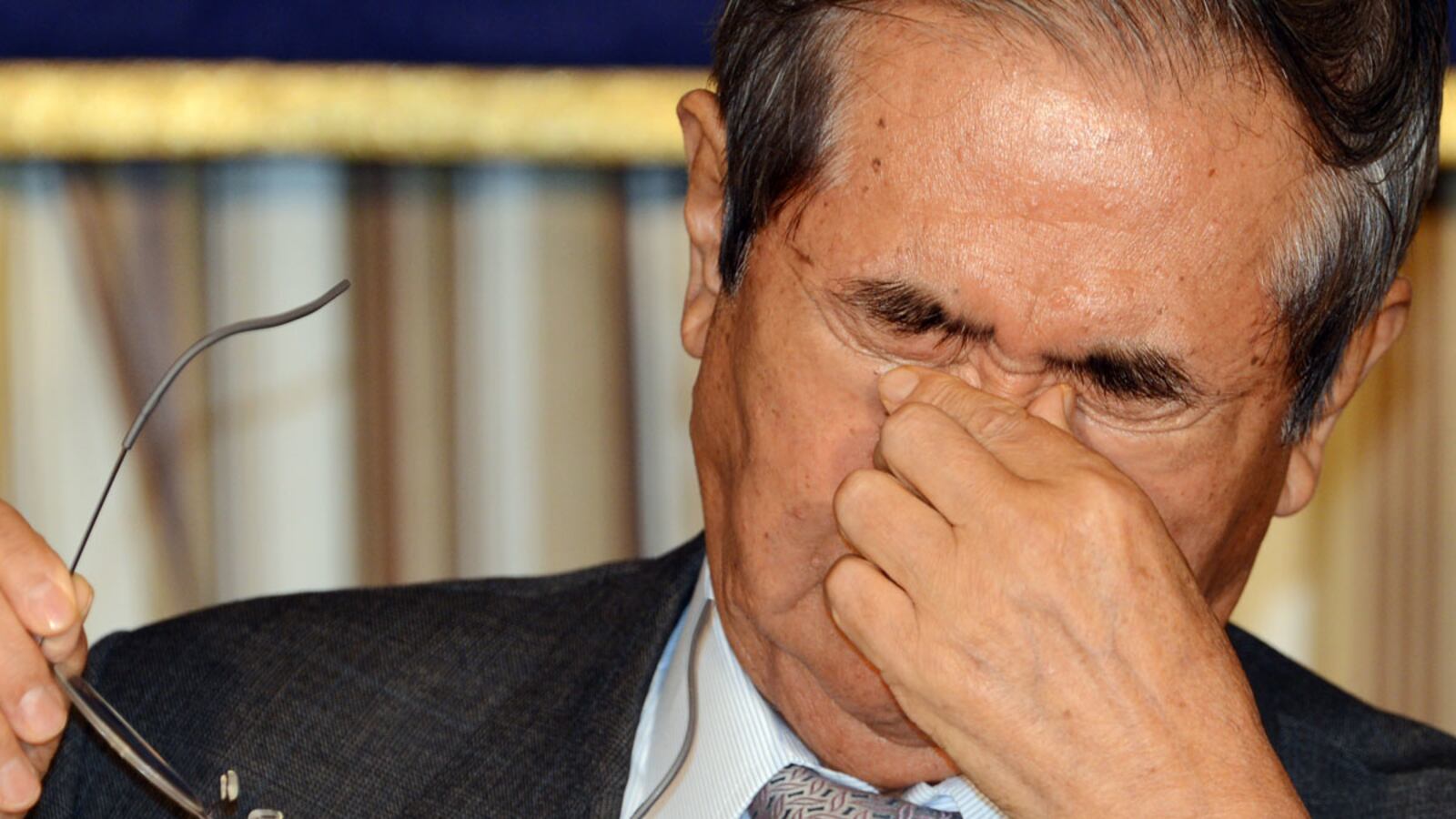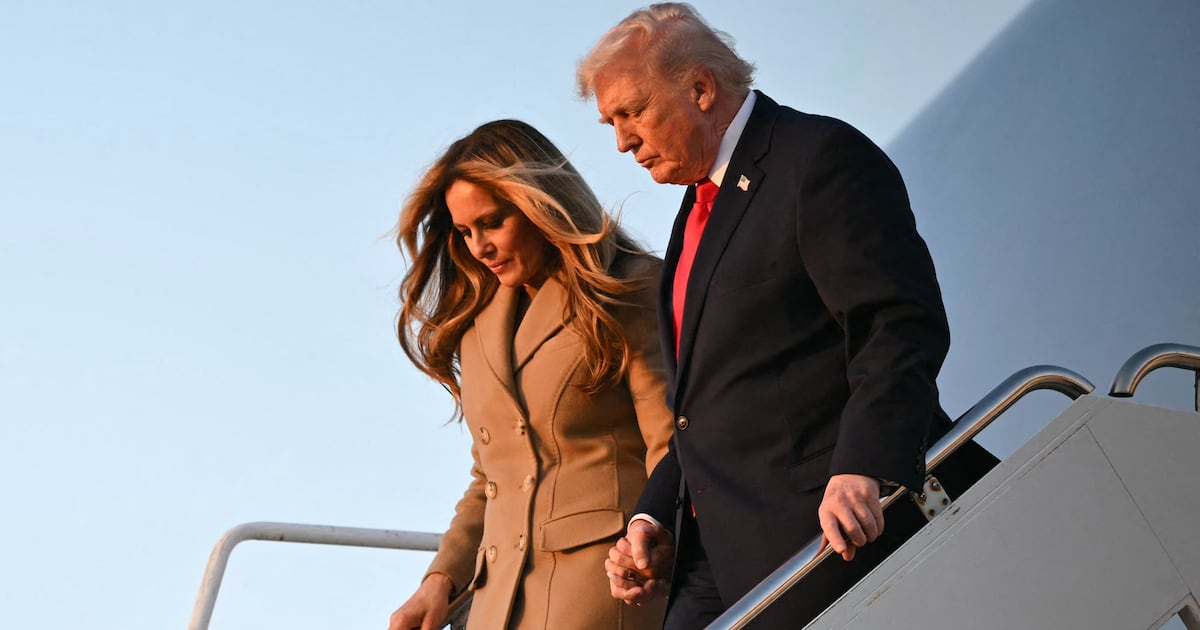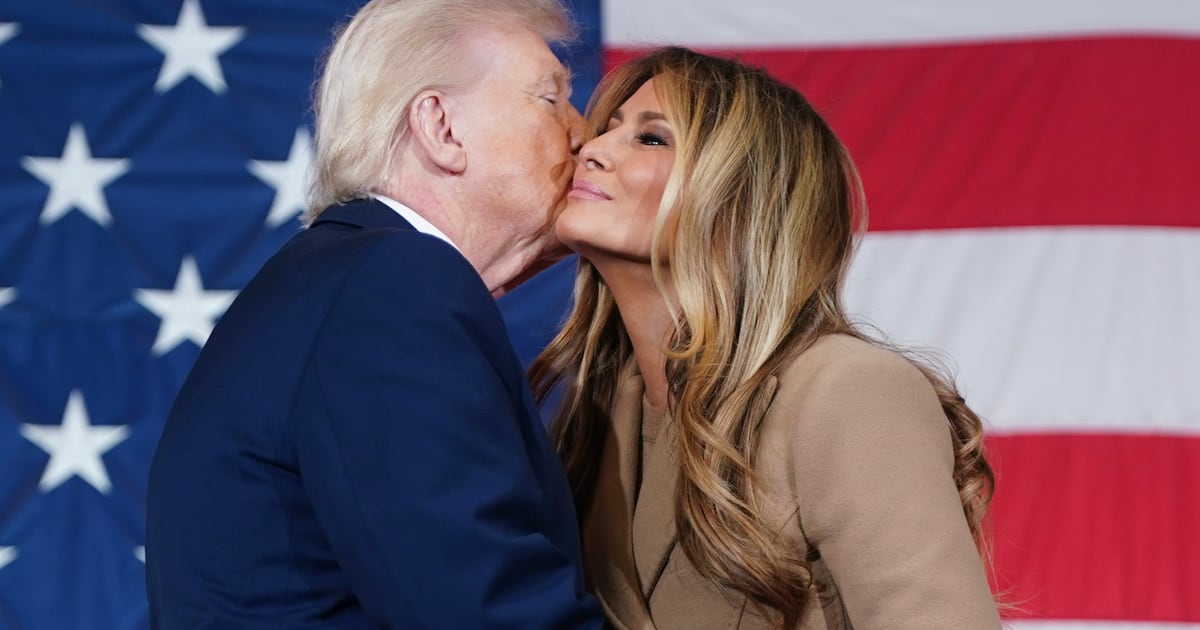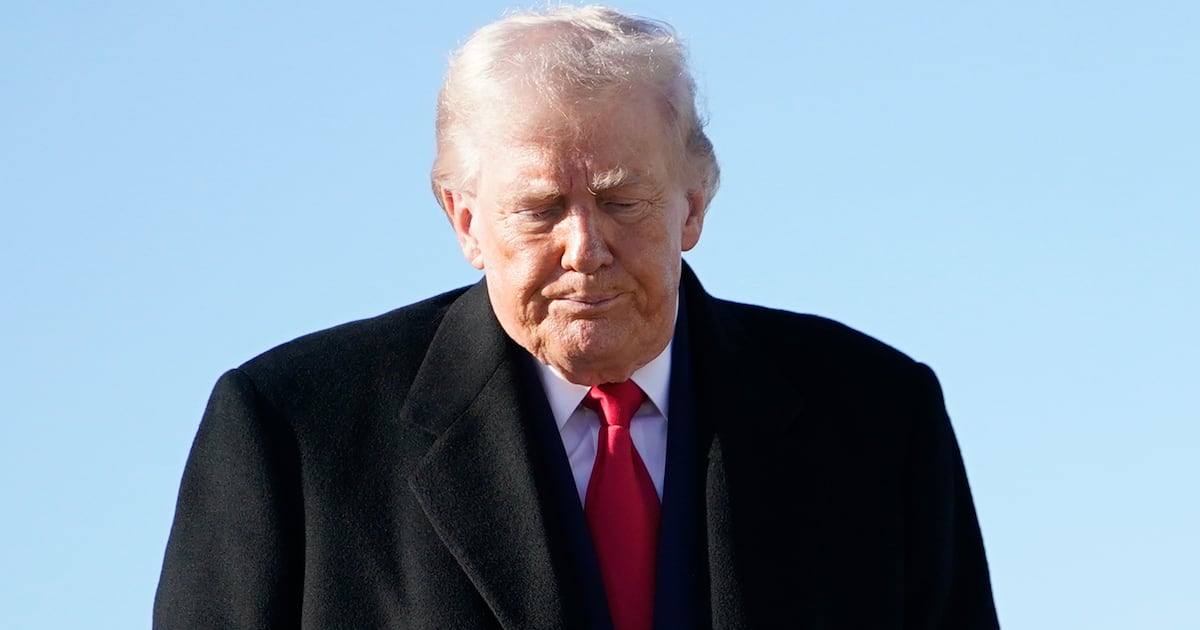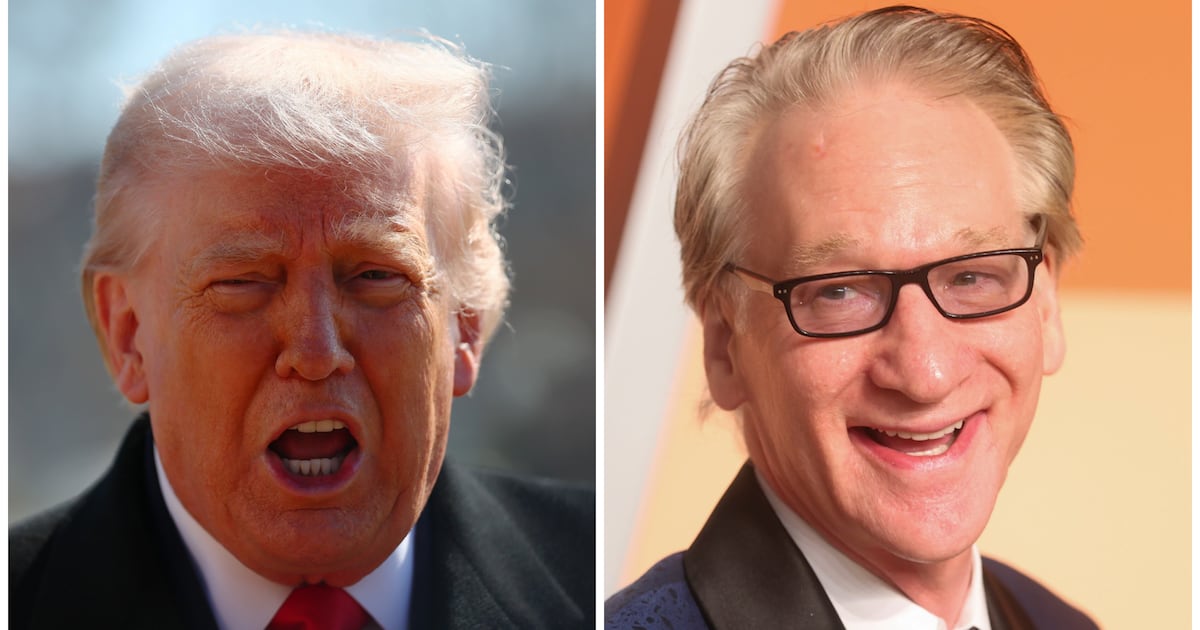The Rising Sun may be making a comeback in Japan. Less than a century ago, this nationalist and militarist symbol flew over Imperialist Japan as it was invading countries all over Asia. It is now popularized by a militaristic political coalition that might win election on Sunday.

Japan is our strongest security ally in Asia and one of our top trading partners. A stable, moderate democracy in Japan is in the American national interest. Unfortunately, Japan could be moving toward a nationalist, militarized future, if the right-wing candidate Shintaro Ishihara and his ilk have their way.
Having just returned from Tokyo, I can tell you that many in the Japanese news media have expressed concern since the Nov. 17 announcement by Ishihara that his newly formed Sunrise Party (reminiscent of Japan’s Imperialist past) would merge forces with the Restoration Party, led by Toru Hashimoto, Osaka’s conservative mayor. Calls made by Ishihara for a “new military” are alarming to many Japanese, and the Chinese blogosphere has been fretful about it.
Americans should worry, too.
Politicians like Ishihara (who just stepped down as governor of Tokyo to run for parliament) want to scuttle Japan’s pacifist constitution, remilitarize—including pursuing nuclear weapons—and take a more belligerent stance against China. These developments should be of grave concern for Americans because we have a security treaty with Japan promising to protect our ally.
The region is at risk. On Wednesday North Korea launched a long-range rocket that flew over Okinawa, Japan, and has boasted that it has missile capability to hit the United States.
Japan’s recent bungling of the September 2012 dispute with China over the tiny, uninhabited Senkaku Islets (called Diaoyu in Chinese) southwest of Japan, illustrates just what is at stake. China, Japan, and Taiwan all claim ownership of the islets, located between these countries in the East China Sea. Beijing expressed outrage in response to the purchase of the Senkakus by the Japanese central government, and it didn’t matter that the only reason for doing so was to prevent Ishihara’s attempt to buy them.
The approval rating of the Democratic Party of Japan (DPJ) is at an all-time low: 16 percent. Prime Minister Yoshihiko Noda (the third prime minister in as many years) doesn’t fare much better. The DPJ rode in to national power in a landslide victory in the 2009 elections on a wave of anti-Liberal Democratic Party (LDP) sentiment. The DPJ is a young party: in its forward-looking viewpoint, in its representation by thirty-something politicians, and in its support from young Japanese voters.
The DPJ leadership took the heat for the 2011 earthquake, tsunami, and radiation crisis, even though the Fukushima Nuclear Plant meltdown was found to be in part the result of lax oversight by cozy business-bureaucrat ties, cultivated for nearly a half a century when the LDP was in power. Only the DPJ has taken a strong stance against a return to nuclear power. Currently, two of Japan’s 54 plants are operating.
What should really cause concern is that Ishihara and his ilk are gaining popularity within the Japanese electorate, including a young generation of disenfranchised men. Japan is turning increasingly inward, and backward, after two decades of stagnant economic growth.
Of course, the Ishihara-Hashimoto nationalists are not going to win a majority on the 16th. Japan’s military is but a shadow of its former self with less than 300,000 personnel today compared to 6 million at the height of World War II. However, this weakness partly explains the right-wing appeal.
Ordinary Japanese doubt that the U.S. has the will and wherewithal to “have Japan’s back” if ever needed. If the Ishihara-Hashimoto cabal manages to win enough seats to be part of the ruling coalition, theirs will be a voice to be reckoned with in future policy decisions regarding nuclear power and posturing toward China and other Asian nations. Japan’s rightists might find an open ear in the new administration. The conservative LDP politician Shinzo Abe is expected to be the next prime minister. Abe has called for upgrading Japan’s military and a stronger stance against China.
We, as Americans, should do what we can to avoid being drawn into yet another international conflict—this time in Asia. Our elected officials should pay attention. Allowing Japan to become “fly-over” territory on the way to more enticing countries in Asia is dangerous to the American interest.

